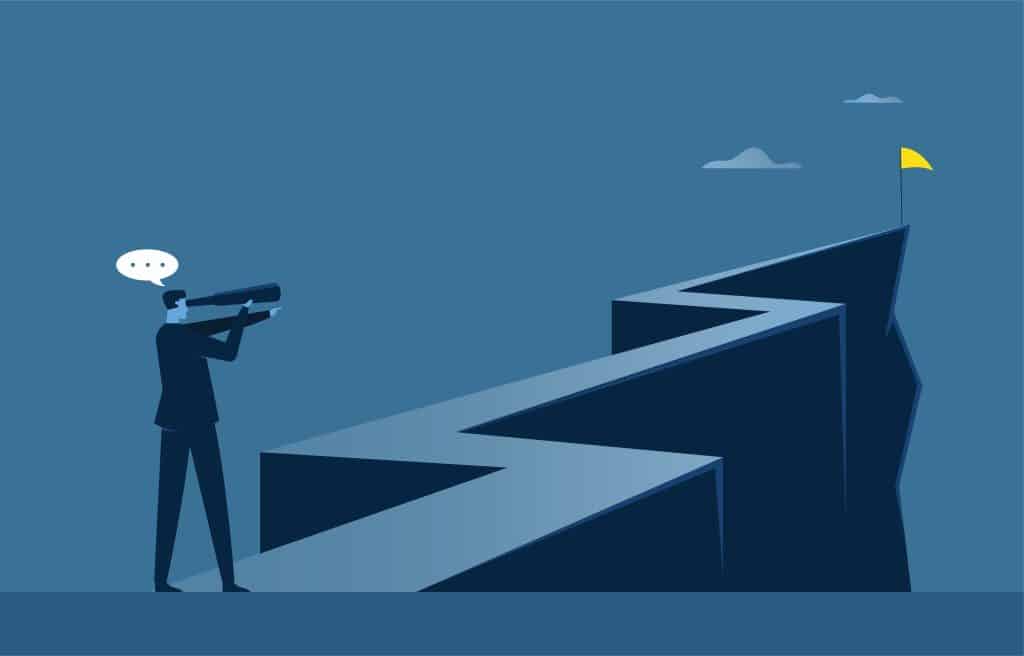Progress Comes Through Reflecting on Action
Oliver Cooper August 1, 2025
In today’s fast-paced world, we often focus on action, deadlines, and outcomes. However, reflecting on action is just as important for long-term growth. By evaluating our past decisions, actions, and behaviors, we gain valuable insights that help us improve and move forward. This practice is essential for making better choices, enhancing creativity, and developing new perspectives.
This article explores how reflecting on action can drive progress, whether in personal development, leadership, or professional growth. We’ll look at how reflection helps us learn, adapt, and make better decisions, ultimately leading to sustained success.

The Value of Reflection: Why It Matters for Progress
1. Reflection as a Tool for Learning and Growth
Reflecting on our actions is a powerful tool for learning. It allows us to identify both our successes and mistakes, which helps us adjust moving forward. By reflecting on experiences, we can recognize patterns, understand what worked, and learn from what didn’t.
A study from Psychological Science (2023) found that self-reflection enhances learning and personal growth. When individuals take the time to reflect, they better understand their cognitive biases and emotional responses, which leads to more informed decision-making.
Reflection encourages continuous learning, helping individuals become more adaptive and self-aware. By actively engaging with our experiences, we pave the way for constant improvement.
Reflecting on Action and Career Development
2. Self-Assessment and Career Advancement
In career development, reflection is crucial for advancement. Professionals who reflect on past projects, decisions, and outcomes are more likely to recognize areas for improvement and take steps toward better performance. Regular self-assessment helps professionals track their progress, refine their skills, and set meaningful goals.
A report by Harvard Business Review (2023) highlighted that leaders who regularly reflect on their actions and performance are more effective in their roles. Reflective thinking enables leaders to refine their strategies, identify growth opportunities, and adapt to new challenges.
Practical Ways to Integrate Reflection into Career Development:
- Monthly Self-Assessment: Reflect on your goals, projects, and accomplishments at the end of each month.
- Peer Feedback: Regularly ask colleagues for constructive feedback and reflect on their insights.
- Goal Adjustments: After reflecting, adjust your career goals based on your current progress and future aspirations.
Reflection and Mental Health: A Key to Emotional Resilience
3. Reflection as a Tool for Emotional Clarity
Self-reflection isn’t just for learning—it also plays a significant role in mental health. By reflecting on our emotional responses, we can gain clarity and understanding. This process helps us identify stressors, triggers, and patterns that affect our emotional well-being.
Research from The Mayo Clinic (2023) shows that self-reflection helps manage stress and emotional health by increasing emotional awareness. When we understand why we react a certain way to situations, we gain control over our responses, preventing negative patterns from escalating.
How Reflection Enhances Emotional Resilience:
- Journaling: Write about your experiences to better understand your emotions.
- Mindfulness: Regularly practice mindfulness to stay grounded and reduce stress.
- Therapeutic Reflection: Use therapy sessions to engage in deeper self-reflection and emotional regulation.
The Role of Reflection in Creativity and Innovation
4. Innovation Through Reflective Thinking
Reflection isn’t just useful for improving decision-making; it also sparks creativity. By taking a step back and reviewing past work or projects, we can identify areas where we can improve or try new approaches. This space for thinking outside the box helps foster innovation.
The practice of design thinking, popularized by companies like IDEO, emphasizes reflection in the creative process. By continuously reflecting on customer feedback and testing new ideas, teams can create products and services that better meet user needs.
A study by McKinsey & Company (2024) found that organizations that encourage reflective thinking are more likely to produce creative solutions and adapt faster to market changes. Reflecting on past projects and gathering feedback helps teams move forward with innovative ideas.
How to Foster Creativity Through Reflection:
- Post-Project Reviews: Reflect on what worked and what didn’t after completing each project.
- Seek Feedback: Regularly review feedback from stakeholders and use it to refine ideas.
- Collaborative Reflection: Conduct team reflection sessions to assess group dynamics and improve future projects.
The Practical Benefits of Reflective Thinking in Everyday Life
5. Achieving Balance and Fulfillment
Reflection plays an essential role in helping us evaluate how our actions align with our values and life goals. It gives us the opportunity to step back and assess whether we’re spending our time on what truly matters. Reflecting on our actions helps us balance personal and professional priorities, leading to a more fulfilling life.
Research from Psychological Science (2023) highlights that reflection fosters life satisfaction by helping individuals make decisions aligned with their values. For example, after reflecting on work-life balance, individuals may decide to set clearer boundaries or prioritize self-care.
Daily Reflection Strategies:
- End-of-Day Review: Reflect on the day’s activities to ensure they align with your long-term goals.
- Prioritize Self-Care: Reflect on your mental and physical well-being, ensuring you make time for rest and relaxation.
- Set Tomorrow’s Intentions: Use reflection to plan for the next day, focusing on your most important priorities.
Conclusion
Progress comes through reflecting on action—this practice isn’t just for analyzing past mistakes, but for developing new perspectives and making informed decisions. Reflection improves cognitive function, enhances emotional resilience, boosts creativity, and contributes to personal growth. By incorporating reflection into our daily lives, we can better understand ourselves, learn from our experiences, and adapt to the challenges ahead.
Reflection is not a passive activity but an active tool for progress. By dedicating time to self-assessment, seeking feedback, and adjusting our goals, we create space for continuous improvement. Whether in your career, mental health, or creativity, reflection helps you move forward with greater clarity and confidence.
Reference
- Psychological Science (2023). Reflective Thinking and Cognitive Benefits, https://srcd.onlinelibrary.wiley.com
- Harvard Business Review (2023). How to Practice Reflective Thinking, https://hbr.org
- Mayo Clinic (2023). Positive Thinking: Stop Negative Self-Talk to Reduce Stress, https://www.mayoclinic.org







